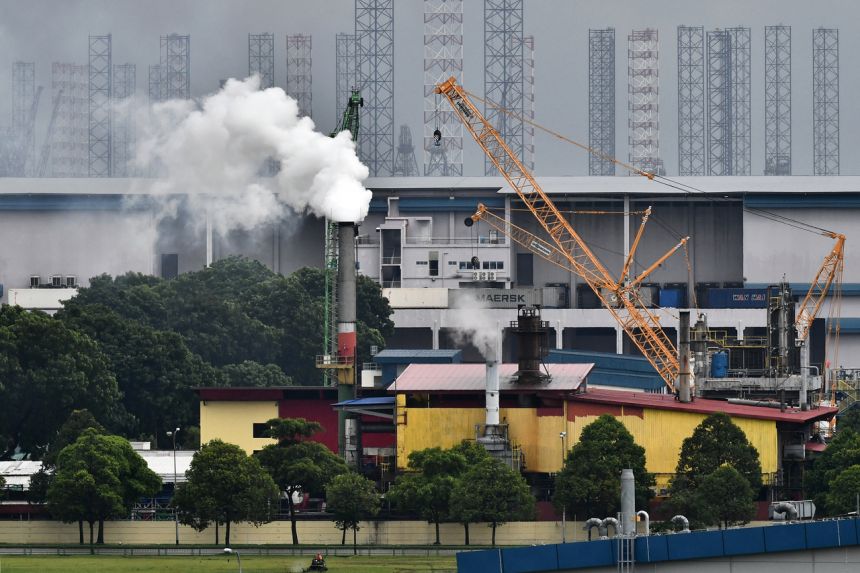
According to Monetary Authority of Singapore managing director Ravi Menon, Singapore can introduce higher carbon taxes and still stay competitive as Sweden has done.
Speaking at an Institute of Policy Studies lecture on Wednesday, July 14, Ravi Menon said that meaningful practice for carbon is the cornerstone for a successful transition to a green economy. He highlighted Sweden’s experience with a high carbon tax and said it shows that is possible to reduce emissions while maintaining economic growth.
He acknowledged that higher carbon taxes will impose a short-term drag on the economy but said that Singapore is an “outlier” among countries that have introduced a carbon price, and carbon taxes here will have to go up to help the Republic meet its climate commitments.
“Without getting the price of carbon right, most sustainability efforts will not make economic sense and thereby not gain traction. The right price of carbon is the social cost it imposes on the environment,” he said.
In 2019, Sweden ranked eighth in global competitiveness and the country’s carbon tax is the highest in the world. From 1990 to 2017 however, Sweden’s GDP has increased by 78 percent, while its domestic greenhouse gas emissions decreased by 26 percent.
“Of course, while Sweden also has real alternatives to fossil fuels, such as nuclear and hydro-electric power, Singapore does not have these options, so the trade-off will be sharper. But we don’t need to go anywhere near a carbon tax of US$100,” Ravi Menon said.
According to the MAS chief, the important point is that Singapore can afford significantly higher carbon taxes than currently envisaged and still remain competitive as an economy.
Read the full article and more on the subject by The Straits Times here
